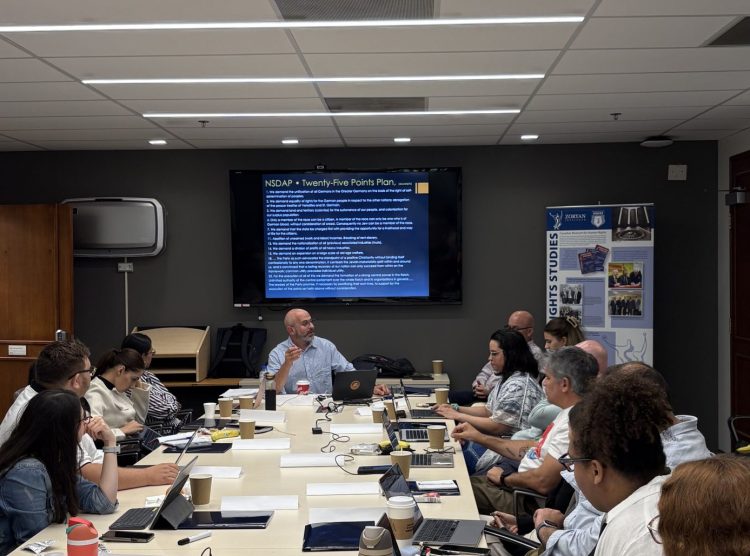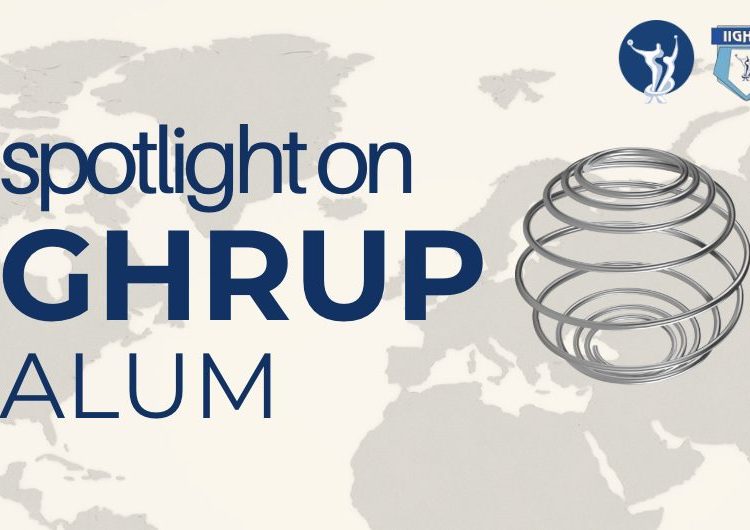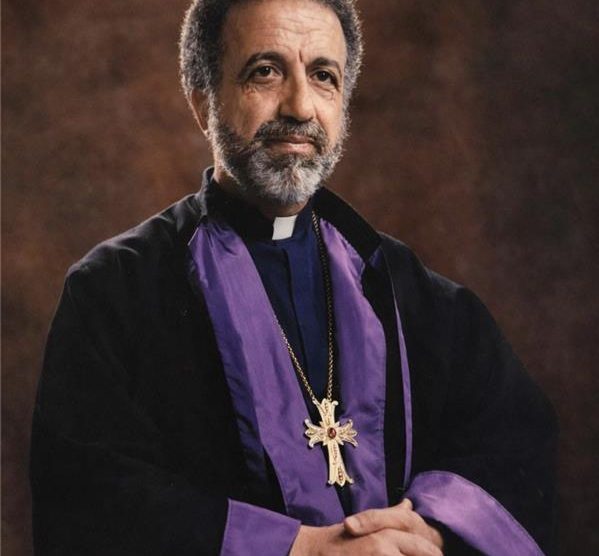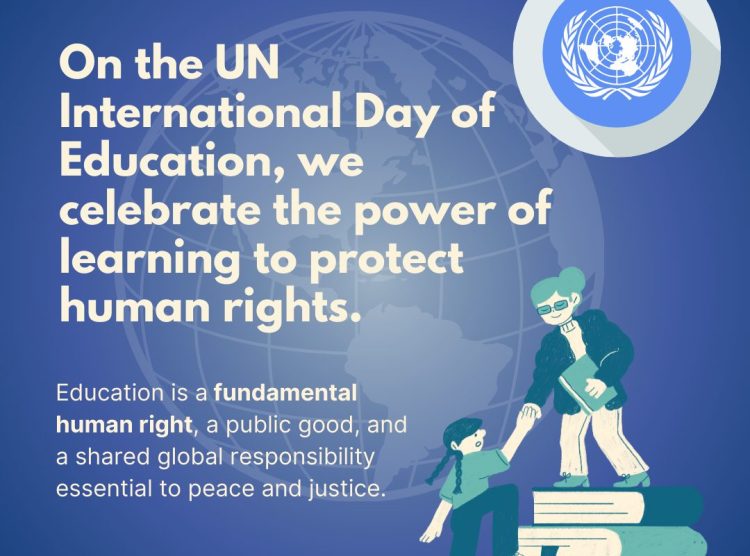Nineteen students from countries around the world including Argentina, Armenia, Canada, Germany, Greece, Israel, Turkey, and the United States, participated in the fourteenth annual Genocide and Human Rights University Program (“GHRUP”) offered by the International Institute for Genocide and Human Rights Studies (a division of the Zoryan Institute).
Article
Students from Around the World Take Part in the 14th Annual GHRUP
09 Sep 2015
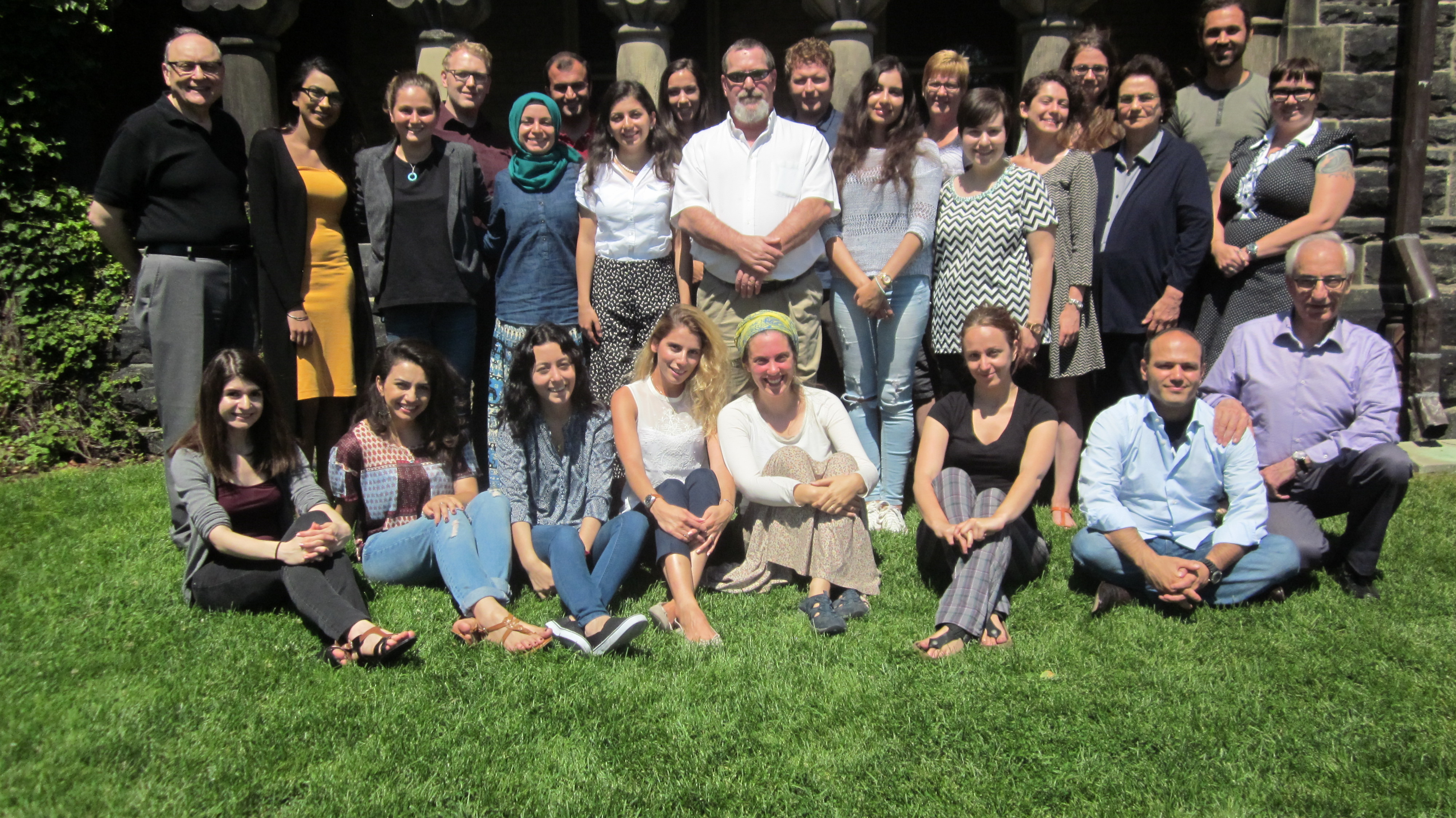
Every year we draw passion and inspiration from the talented and accomplished groups of students that enter the GHRUP and each and every year our expectations are surpassed. Our 2015 cohort, the majority of whom were at the M.A. or Ph.D. levels, represented diverse disciplines including history, law, politics, human rights, conflict management, social psychology, life sciences, and public policy – a true reflection of the multidisciplinary nature of genocide studies.
Our distinguished faculty consisting of eleven professors from various disciplines, each a renowned scholar in their respective field, provided students with key analytical tools to understand the phenomenon of genocide and its relation to human rights by studying the pertinent legal framework and mechanisms using the Armenian Genocide as the starting point and archetype. The students studied genocide through a comparative lens by critically analyzing the Holocaust, gaining key insights into the Cambodian Genocide, the Guatemalan Genocide, the Rwandan Genocide, and the Genocide of Indigenous Peoples by delving into the experiences of Indigenous Peoples in Canada. Subjects such as gender and genocide, genocide denial, genocide prevention, and international law as well as themes such as ideology, perpetrator mentality, and genocide through the victims’ eyes, exposed recurrent patterns prior, during, and in the aftermath of genocides as well as enabled a multiangled framework of analysis.
Highlighting the significance of learning about genocide through diverse cases, Roger W. Smith, GHRUP Program Director, states:
“To date, this educational initiative is a model creating a dynamic classroom laboratory for learning and dialogue about history and reconciliation and forming a community and network of committed, informed citizens and scholars worldwide.”
The course culminated with student presentations on the final day of classes providing participants with an opportunity to learn from each other and to share their personal insights and experiences. A student from Turkey spoke from experience about conducting primary research on the memory of the Armenian Genocide in Mas, Turkey. Another student from the Holodomor Research and Educational Consortium introduced the class to the history and key facts of the Holodomor, an artificial famine that took place in the Ukrainian Soviet Socialist Republic in 1932-1933. While a third student who works at the Wassmuth Center for Human Rights, home of the Idaho Anne Frank Human Rights Memorial, presented on the subject of using memorialization for education on human rights.
The GHRUP, totalling in 65 hours of instruction in a seminar setting, enriched and empowered the students with unique, in depth understanding of the concept of genocide and gross human rights violations. While there was a vast amount of material to cover, our students championed through with personal passion, committed study, mutual support and encouragement. The GHRUP was not all work – there were plenty of fun and games also! Staying at the University of Toronto’s downtown residences allowed students to experience the vibrant summer season in Toronto complete with delicious food options, outdoor music shows, festivals, art galleries, and an incomparable nightlife. Early on Saturday morning, we boarded a bus and headed on a day trip to Niagara Falls for a close-up view of one of Canada’s natural wonders!
It was inspiring to observe the friendships that quickly blossomed between the students, so many of whom conquered the historical and political divides that often separate their communities: their deep appreciation for diversity allowed for honest, insightful, and inclusive discussions both inside and outside of the classroom. Social gatherings among the students, professors, and IIGHRS staff also provided a fertile ground to exchange ideas and network, with blueprints for a number of collaborations already taking shape.
As the program came to a close, with heartfelt goodbyes and promises to stay in touch, it is unequivocally clear that the knowledge and skills that our students gained in the classroom, and the deep bonds that were formed through the course of their stay, will continue to guide and inspire them, and us, for many years to come.

